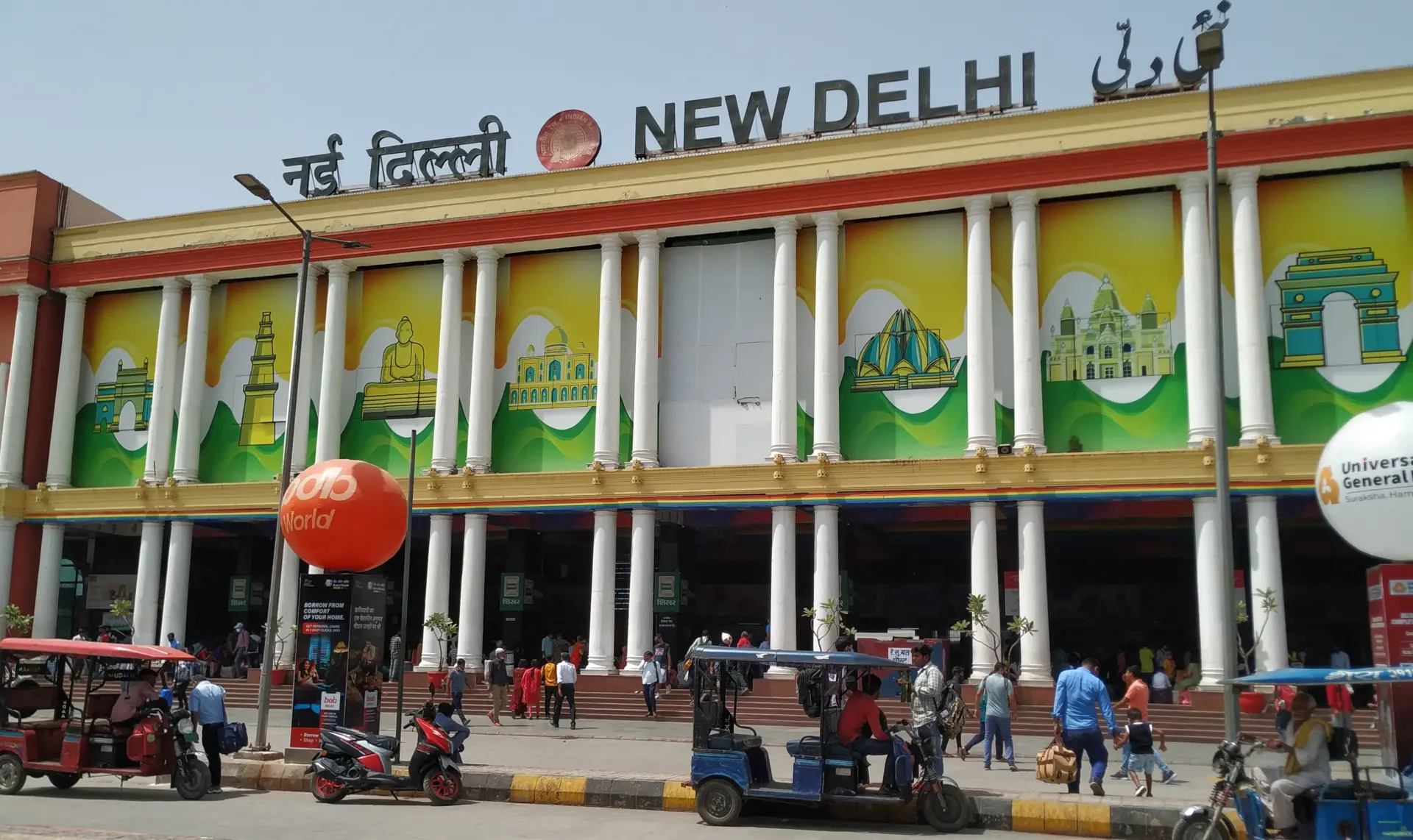New Delhi has taken a major step toward reshaping India’s transport landscape with the Cabinet Committee on Economic Affairs approving two critical multitrack railway projects designed to strengthen the backbone of the country’s passenger and freight network.
The projects—one in Madhya Pradesh and the other in Maharashtra—will add 176 kilometres to the Indian Railways network by 2029-30, with an estimated investment of ₹3,399 crore.Approved under the chairmanship of the Prime Minister, these initiatives form part of a broader national strategy aimed at making Indian transport systems more efficient, sustainable, and future-ready. The projects include the construction of third and fourth lines between Ratlam and Nagda in Madhya Pradesh, and a fourth line between Wardha and Balharshah in Maharashtra—both corridors currently experiencing heavy rail traffic due to growing industrial and passenger demands.
By increasing line capacity along these high-density corridors, the multitracking upgrades are expected to significantly reduce travel time, improve punctuality, and enhance safety for millions of passengers. More importantly, these projects are designed to absorb rising freight volumes without overburdening existing infrastructure—helping to lower logistics costs across key sectors such as coal, steel, cement, and agriculture.The impact of this expansion, however, extends well beyond operational efficiency. With Indian Railways aggressively pushing for a greener, low-emission future, these projects are strategically aligned with the country’s net zero and energy security ambitions. The enhanced capacity will allow for a modal shift from road to rail, which consumes 80 per cent less energy per tonne-km of freight, contributing to a measurable reduction in fossil fuel consumption and CO₂ emissions.
According to officials, reduced reliance on diesel-powered road logistics could help India moderate its crude oil imports—one of the largest contributors to the country’s trade deficit—while simultaneously cutting urban congestion and air pollution. The long-term social and economic dividends are equally compelling: smoother logistics support faster economic growth, and faster passenger movement strengthens access to education, employment, and healthcare—especially in under-served regions.The projects also hold significance in the context of gender-neutral and inclusive infrastructure development. By enabling safer and more predictable rail journeys, these upgrades offer a mobility lifeline for working women, elderly passengers, and individuals with limited access to private transport. In particular, the improved efficiency is expected to benefit Tier 2 and Tier 3 towns located along the two corridors, which remain crucial nodes in India’s regional development matrix.
Indian Railways, one of the world’s largest public transport systems, is currently undergoing a sweeping transformation to align itself with global sustainability benchmarks. The government’s multitracking efforts are part of a broader infrastructure pipeline that includes electrification of rail lines, the rollout of semi-high-speed trains, and modernisation of stations to offer energy-efficient, universally accessible facilities.As the demand for both freight and passenger services continues to rise, these infrastructure enhancements underscore the central role of the railway network in building a climate-resilient and equitable India. The challenge ahead lies in executing the projects within timelines and ensuring that environmental and social safeguards are robustly integrated into the construction phases.
Nonetheless, with these approvals, the government has reaffirmed its commitment to advancing low-carbon growth pathways while addressing the pressing mobility needs of a rapidly urbanising population.
Also Read : IRCTC Expected to Declare Final Dividend Financial year 2025


